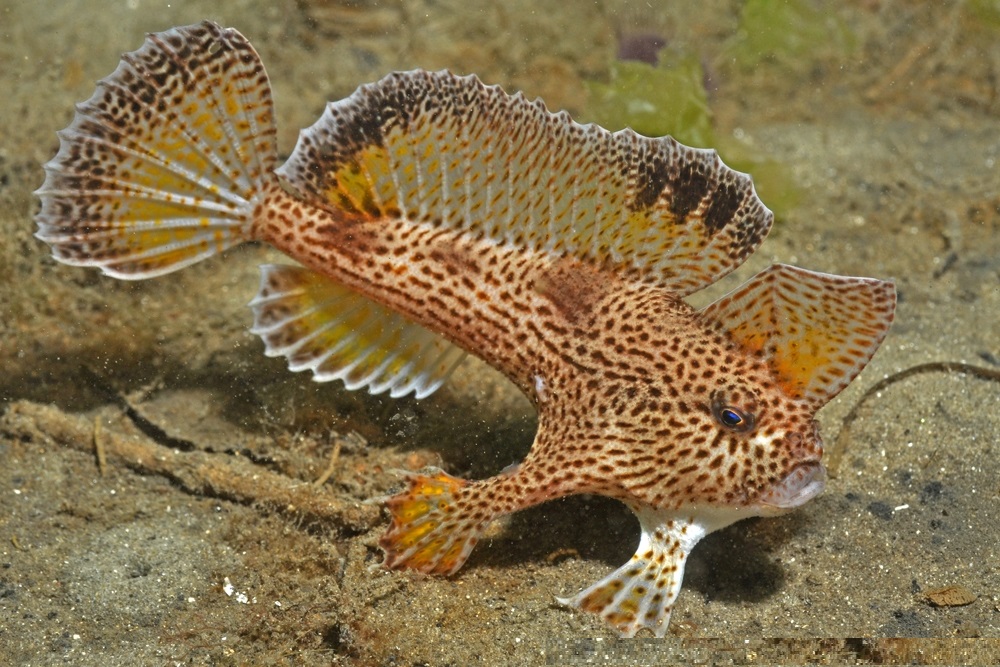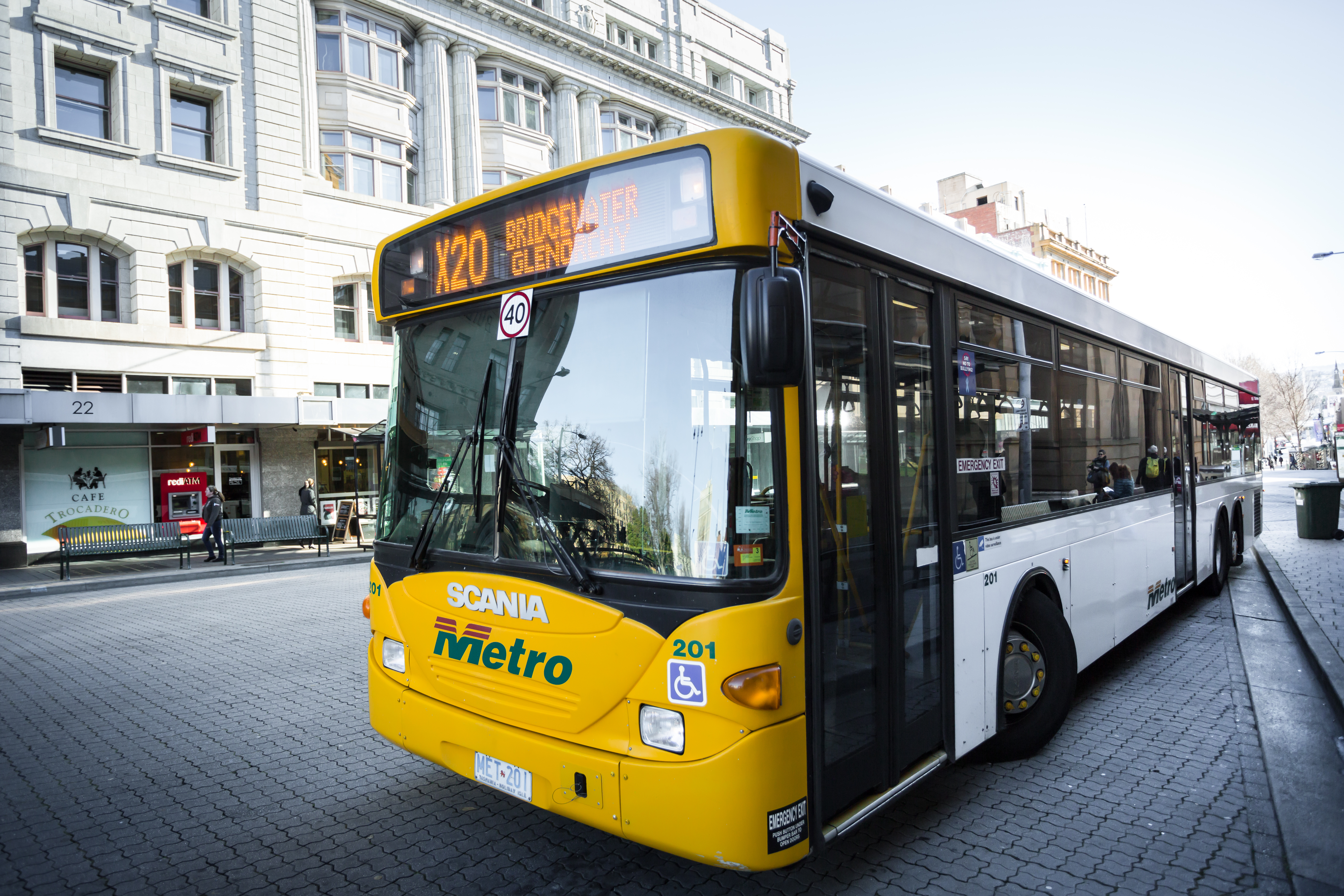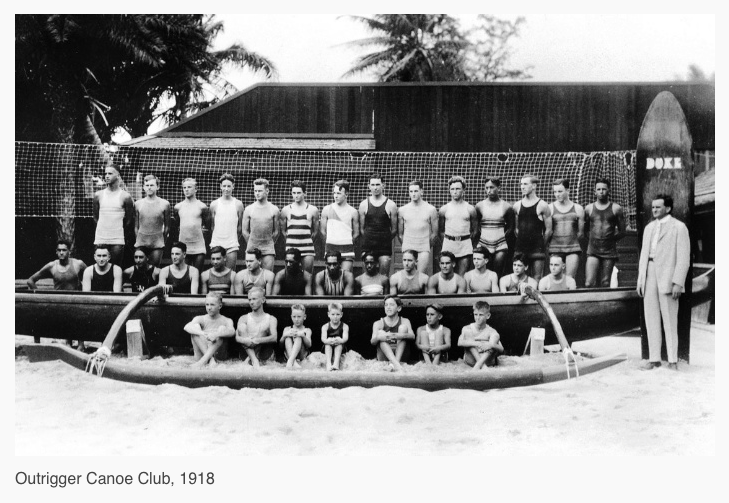|
Clarence High School (Howrah, Tasmania)
Clarence High School is a government co-educational comprehensive junior secondary school located in , a suburb of Hobart, Tasmania, Australia. Established in 1959, the school caters for approximately 600 students from Years 7 to 10. The school is administered by the Tasmanian Department of Education. In 2021 student enrolments were 603. The school principal is Alanna Green. History and facilities The school was the first comprehensive state secondary school on the eastern shore of Hobart's River Derwent, opening in 1959. The school contains a gymnasium, cricket nets, Australian rules football oval, soccer field and a beach volleyball court. Clarence High School has four houses; Flynn, Gilmore, Mawson, and Nightingale. Other Metro Tasmania operateseveral bus linesthat run past the school, with some bus lines running into and out from the school grounds. See also * List of schools in Tasmania * Education in Tasmania The education system in Tasmania comprises the educ ... [...More Info...] [...Related Items...] OR: [Wikipedia] [Google] [Baidu] |
Education In Australia
Education in Australia encompasses the sectors of early childhood education (preschool) and primary education (primary schools), followed by secondary education (high schools), and finally tertiary education, which includes higher education (University, universities and other higher education providers) and vocational education (Registered Training Organisations). Regulation and funding of education is primarily the responsibility of the States and territories of Australia, States and territories; however, the Australian Government also plays a funding role. Education in Australia is compulsory between the ages of four, five, or six and fifteen, sixteen or seventeen, depending on the state or territory and the date of birth. For primary and secondary education, government schools educate approximately 60 per cent of Australian students, with approximately 40 per cent in non-government schools. At the tertiary level, the majority of List of universities in Australia, Australia's ... [...More Info...] [...Related Items...] OR: [Wikipedia] [Google] [Baidu] |
River Derwent (Tasmania)
The River Derwent is a river located in Tasmania, Australia. It is also known by the palawa kani name timtumili minanya. The river rises in the state's Central Highlands at Lake St Clair, and descends more than over a distance of more than , flowing through Hobart, the state's capital city, before emptying into Storm Bay and flowing into the Tasman Sea. The banks of the Derwent were once covered by forests and occupied by Aboriginal Tasmanians. European settlers farmed the area and during the 20th century many dams were built on its tributaries for the generation of hydro-electricity. Agriculture, forestry, hydropower generation and fish hatcheries dominate catchment land use. The Derwent is also an important source of water for irrigation and water supply. Most of Hobart's water supply is taken from the lower River Derwent. Nearly 40% of Tasmania's population lives around the estuary's margins and the Derwent is widely used for recreation, boating, recreational fishing, mar ... [...More Info...] [...Related Items...] OR: [Wikipedia] [Google] [Baidu] |
Public High Schools In Hobart
In public relations and communication science, publics are groups of individual people, and the public (a.k.a. the general public) is the totality of such groupings. This is a different concept to the sociological concept of the ''Öffentlichkeit'' or public sphere. The concept of a public has also been defined in political science, psychology, marketing, and advertising. In public relations and communication science, it is one of the more ambiguous concepts in the field. Although it has definitions in the theory of the field that have been formulated from the early 20th century onwards, and suffered more recent years from being blurred, as a result of conflation of the idea of a public with the notions of audience, market segment, community, constituency, and stakeholder. Etymology and definitions The name "public" originates with the Latin '' publicus'' (also '' poplicus''), from ''populus'', to the English word 'populace', and in general denotes some mass population ("the p ... [...More Info...] [...Related Items...] OR: [Wikipedia] [Google] [Baidu] |
Australian Curriculum, Assessment And Reporting Authority
The Australian Curriculum, Assessment and Reporting Authority (ACARA) is the independent statutory authority responsible for the development of a national curriculum, a national assessment program, and a national data collection and reporting program that supports learning for Australian students. ACARA's work is carried out in collaboration with a wide range of stakeholders, including teachers, principals, governments, State and Territory education authorities, professional education associations, community groups and the general public. It was established in 2008 by an Act of the Australian Federal Parliament. The authority is also responsible for the My School website and NAPLAN The National Assessment Program – Literacy and Numeracy (NAPLAN) is a series of tests focused on basic skills that are administered to Australian students in year 3, 5, 7 and 9. These standardised tests assess students' reading, writing, l ... testing. Progress of the development of each ... [...More Info...] [...Related Items...] OR: [Wikipedia] [Google] [Baidu] |
Education In Tasmania
The education system in Tasmania comprises the education of children from their early years, through kindergarten, primary and high school, and tertiary education in universities and vocational education and training organisations. The system is delivered by the government-run K-12 schooling system, and numerous independent schools and colleges, most of which are controlled or sponsored by religious organisations. Public education in Tasmania is managed primarily by the Tasmanian Department of Education. The Department is responsible for all aspects of education in Tasmania including schooling, adult education, the State Library and TasTAFE, a vocational tertiary institution with many campuses around the state. Education in Australia details a national overview of the education system. History The oldest tertiary institution to be founded in Australia was the theological school Christ College in Bishopsbourne, Tasmania, in 1846. Today Christ College is a residential college of ... [...More Info...] [...Related Items...] OR: [Wikipedia] [Google] [Baidu] |
List Of Schools In Tasmania
Schools in the Tasmanian public education system include 138 primary schools (Kindergarten to Grade 6), 57 high schools (Grade 7 to 10), and 8 colleges (Grade 11 and 12). The public education system is run by the Tasmanian Department of Education. Of the high schools, 26 are district (or district high) schools, where in rural areas the primary and high schools are located on a single campus. There are also 8 support (or special) schools, 4 early learning centres, 1 infant school and distance education. The largest public education institute in Tasmania is the University of Tasmania, with major campuses at Newnham (in Launceston) and Sandy Bay (in Hobart), along with a north-west centre in Burnie. There are many non-government schools and colleges in Tasmania. Non-government schools generally have a religious affiliation, although the strength varies between schools. There are 70 registered non-government schools in Tasmania. Government schools Colleges High schools D ... [...More Info...] [...Related Items...] OR: [Wikipedia] [Google] [Baidu] |
Metro Tasmania
Metro Tasmania, commonly called Metro, a Tasmanian Government business enterprise, is the largest bus operator in the state of Tasmania, Australia, with operations in three of the four largest urban centres of Hobart, , and . Urban services in Devonport are provided by a private operator, Merseylink Coaches. Services are provided by Metro under a range of urban and non-urban contracts with the Transport Commission, a division within the Department of State Growth. History The history of Metro Tasmania dates back to 1893, when the '' Hobart Electric Tramway Company'' (HETCo) was founded by a London consortium. The HETCo was one of the earliest such operators in the world, and was the first electric tramway in the Southern Hemisphere. The company also operated two Dennis motorbuses prior to being taken over in 1913 by the Hobart City Council, who renamed it to ''Hobart Municipal Tramways'' (HMT). In 1935, HMT began to use trolleybuses on some networks to replace trams, and petrol ... [...More Info...] [...Related Items...] OR: [Wikipedia] [Google] [Baidu] |
Beach Volleyball
Beach volleyball is a team sport played by two teams of two or more players on a sand court divided by a net. Similar to indoor volleyball, the objective of the game is to send the ball over the net and to ground it on the opponent's side of the court. Each team also works in unison to prevent the opposing team from grounding the ball on their side of the court. Teams are allowed up to three touches to return the ball across the net, and individual players may not touch the ball twice consecutively except after a touch off an attempted block. Making a block touch leaves only two more touches before the ball must be hit over. The ball is put in play with a serve—a hit by the server from behind the rear court boundary over the net to the opponents. The receiving team typically uses their three touches to pass the ball, set it up for an attack, and then attack the ball by sending it back over the net. Meanwhile, the team on defense typically has a blocker at the net and a defender ... [...More Info...] [...Related Items...] OR: [Wikipedia] [Google] [Baidu] |
Association Football
Association football, more commonly known as football or soccer, is a team sport played between two teams of 11 players who primarily use their feet to propel the ball around a rectangular field called a pitch. The objective of the game is to score more goals than the opposition by moving the ball beyond the goal line into a rectangular framed goal defended by the opposing side. Traditionally, the game has been played over two 45 minute halves, for a total match time of 90 minutes. With an estimated 250 million players active in over 200 countries, it is considered the world's most popular sport. The game of association football is played in accordance with the Laws of the Game, a set of rules that has been in effect since 1863 with the International Football Association Board (IFAB) maintaining them since 1886. The game is played with a football that is in circumference. The two teams compete to get the ball into the other team's goal (between the posts and under t ... [...More Info...] [...Related Items...] OR: [Wikipedia] [Google] [Baidu] |
Australian Rules Football
Australian football, also called Australian rules football or Aussie rules, or more simply football or footy, is a contact sport played between two teams of 18 players on an oval field, often a modified cricket ground. Points are scored by kicking the oval ball between the central goal posts (worth six points), or between a central and outer post (worth one point, otherwise known as a "behind"). During general play, players may position themselves anywhere on the field and use any part of their bodies to move the ball. The primary methods are kicking, handballing and running with the ball. There are rules on how the ball can be handled; for example, players running with the ball must intermittently bounce or touch it on the ground. Throwing the ball is not allowed, and players must not get caught holding the ball. A distinctive feature of the game is the mark, where players anywhere on the field who catch the ball from a kick (with specific conditions) are awarded unimped ... [...More Info...] [...Related Items...] OR: [Wikipedia] [Google] [Baidu] |
Hobart, Tasmania
Hobart ( ; Nuennonne/Palawa kani: ''nipaluna'') is the capital and most populous city of the Australian island state of Tasmania. Home to almost half of all Tasmanians, it is the least-populated Australian state capital city, and second-smallest if territories are taken into account, before Darwin, Northern Territory. Hobart is located in Tasmania's south-east on the estuary of the River Derwent, making it the most southern of Australia's capital cities. Its skyline is dominated by the kunanyi/Mount Wellington, and its harbour forms the second-deepest natural port in the world, with much of the city's waterfront consisting of reclaimed land. The metropolitan area is often referred to as Greater Hobart, to differentiate it from the City of Hobart, one of the five local government areas that cover the city. It has a mild maritime climate. The city lies on country which was known by the local Mouheneener people as nipaluna, a name which includes surrounding features such as ku ... [...More Info...] [...Related Items...] OR: [Wikipedia] [Google] [Baidu] |
Comprehensive School
A comprehensive school typically describes a secondary school for pupils aged approximately 11–18, that does not select its intake on the basis of academic achievement or aptitude, in contrast to a selective school system where admission is restricted on the basis of selection criteria, usually academic performance. The term is commonly used in relation to England and Wales, where comprehensive schools were introduced as state schools on an experimental basis in the 1940s and became more widespread from 1965. They may be part of a local education authority or be a self governing academy or part of a multi-academy trust. About 90% of English secondary school pupils attend a comprehensive school (academy schools, community schools, faith schools, foundation schools, free schools, studio schools, university technical colleges, state boarding schools, City Technology Colleges, etc). Specialist schools may also select up to 10% of their intake for aptitude in their specialism. A sc ... [...More Info...] [...Related Items...] OR: [Wikipedia] [Google] [Baidu] |







